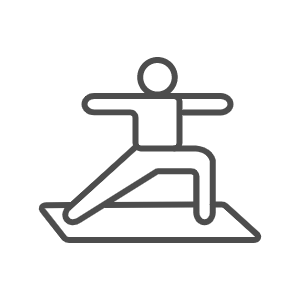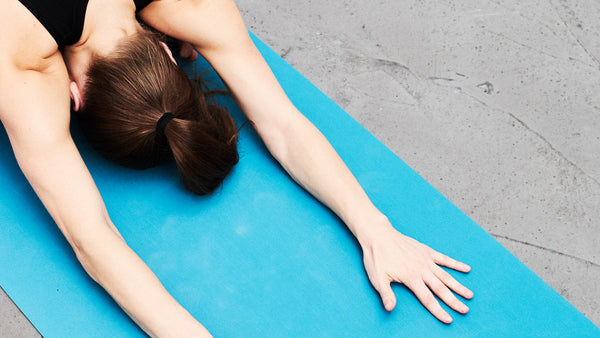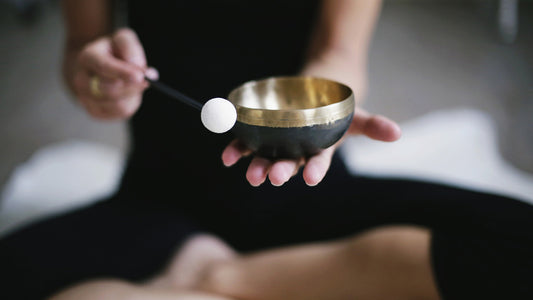
NEW In!
PURE-Matte Light TaupeShopping cart
Your shopping basket is empty
Yoga

Meditation
Sets & Bundles
We humans like to keep things simple. But we are much too complex creatures for standard solutions. In order to be able to positively influence our health with yoga, we should choose a path that takes our individuality into account and values it.

Many people come to yoga because they have learned from their doctor or a friend that the practice can alleviate many ailments and improve their overall health. Countless studies and many years of experience have proven them right: Yoga has proven to be an effective measure for back pain, digestive and sleep disorders, many psychological issues and stress disorders.
Unfortunately, there are fundamental misunderstandings when it comes to using yoga therapeutically. All too often one finds standard recipes in magazines, blogs or books that supposedly help against this or that: Shoulderstand is recommended for thyroid problems, prevention for migraines, headstand for allergies or child pose for depression. The description of a yoga book says: “Do you have a headache? afraid of heights? Or a cold? There is a yoga solution to everything.”
I don't want to disagree that yoga can have a supportive effect on almost any topic. But yoga is not a panacea and does not work miracles. A yoga teacher should and must know his/her limits, especially in the case of mental illnesses. And what definitely doesn't exist are standard recipes that are right for everyone.
There is no asana for this or that disease or ailment. What is special about this millennia-old practice is that it takes a holistic view of every person and seeks their very individual balance. Before we know which exercise could be helpful, we have to take a very close look at what this body, this soul needs right now.
Anyone have lower back pain? Well, a herniated disc can be just as much a problem here as a workplace that involves carrying heavy loads on a daily basis or a relationship that is about to fall apart. A student complains of depressive moods? Does the person concerned suffer more from the thought merry-go-round that is constantly turning, from paralyzing indolence or feelings of meaninglessness? For some, mood-enhancing breathing exercises can be helpful, for others, a more passive Yin Yoga practice . The solutions must be as different as the causes and complaints. We humans are unique and need our very own “medicine”.
So I can only advise you to stay away from superficial standard recipes against this or that. If you want to do something against certain ailments or prevent them with yoga, then you should look for a really competent, experienced yoga teacher or therapist who will first ask you questions and then work out an individual practice with you. He will also support you in choosing the right tools . In this way, the healing power of yoga can fully unfold and help you achieve more health, well-being and joie de vivre.

pent-up anger? Too many emotions, frustration and anger? Bee breathing is a wonderful pranayama to calm your agitated mind. A few minutes of hummin...
Continue reading
All life is vibration - and when the human being is in harmony, then he vibrates effortlessly and healthily with life. Healing with sounds is alrea...
Continue reading